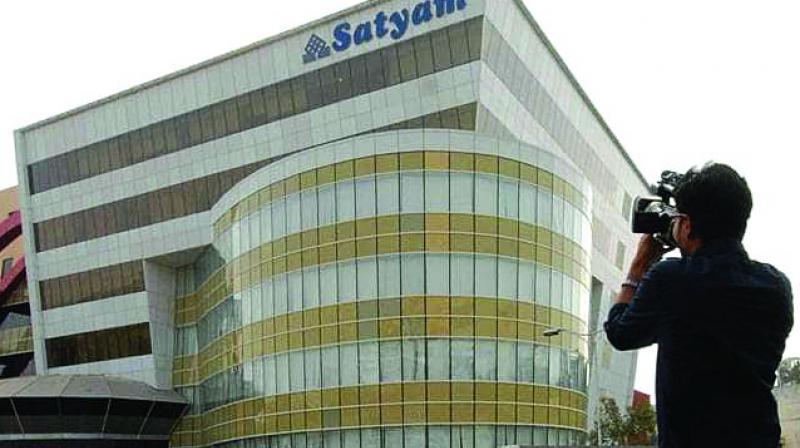SAT says Sebi has no power to ban auditor

Mumbai: The Securities Appellate Tribunal (SAT) on Monday struck down the Sebi order banning auditor Price Waterhouse, an arm of PwC India, for two years for its role in the Rs 7,800-crore Satyam fraud case.
The Sebi had in January 2018 barred PwC from auditing listed companies in India. It alleged that PwC had colluded with the Satyam management.
However, SAT partly allowed disgorgement of the Rs 13 crore fee from the auditor.
Setting aside the ban on PwC, which is one of the Big Four global accounting firms, SAT said, only the national auditors watchdog, the Institute of Chartered Accountants of India (ICAI ), can take any action against its members and fraud cannot be proved on the basis of negligence in auditing.
"Sebi has no authority to look into the quality of audit and auditing services. Sebi can only take remedial and preventative action. The direction issued is neither remedial nor preventive. But punitive," the SAT said.
The 125-page order said there is no shred of evidence that the auditors fabricated, fudged or were in collusion with the management of Satyam Comp-uter Services. It further said Sebi has no jurisdiction in banning any audit firm and that was the sole prerogative of the ICAI.
The SAT also observed that negligence cannot amount to misconduct and the Sebi action based on no direct evidence cannot be maintained. The order said if the audit of Satyam was conducted in a careless or reckless way by the audit firm, then action can only be taken under the CA Act by the institute, and not Sebi.
The two-year ban of PwC and other associated firms violates current regulations. Also, to consider the ban as a remedial action is farfetched and cannot be accepted. Sebi’s action of banning PwC was “blatantly erroneous” the SAT observed.
The applellate tribunal ruled that the Sebi should not “encroach” upon territories of other regulators or industry bodies like the ICAI.
The Satyam fraud came to light on January 8, 2009—in the middle of the global financial meltdown—when the company Chairman and Founder Ramalinga Raju publicly admitted to cooking the books to the tune of Rs 5,004 crore, but a Sebi probe had found that the scam was much larger at Rs 7,800 crore.

